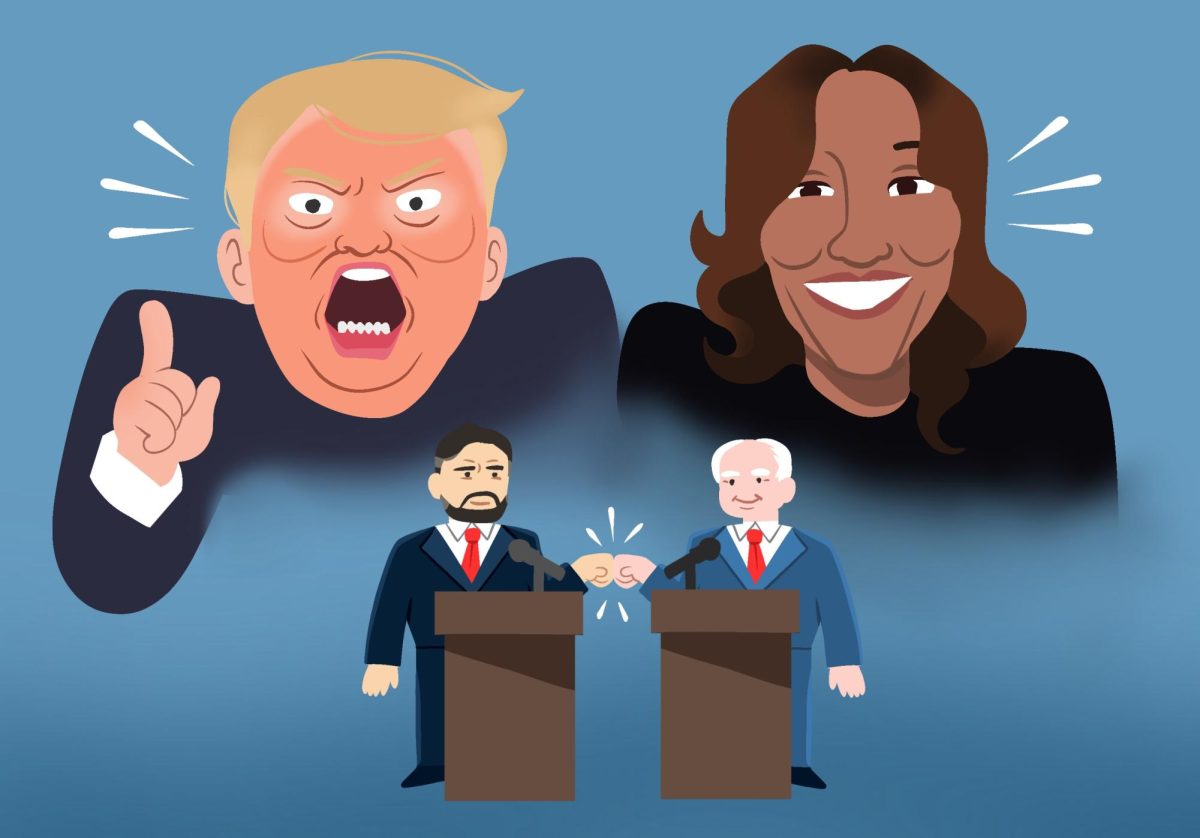If President George W. Bush really nominated a “pit bull in size six shoes” to the Supreme Court, he should appoint a 1,200-pound grizzly to be the next Federal Reserve Chairman.
After 18 years under the divine hand of Alan Greenspan, it is difficult to imagine an outspoken, confrontational frontman for the Fed. But with the soft-spoken Greenspan stepping down in January, Bush does not need someone simply with the academic credentials and practical experience to hold up the U.S. financial system; he needs someone who will push, prod and punt isolationist Americans into the new, free-flowing global economy. In three words, he needs a very smart bully.
Of course, the bright man he is, Greenspan has been trying to tell stubborn Americans that free trade – including its companion, offshore outsourcing – is as good for the U.S. economy as it is inevitable. In one of many instances, when former White House Council of Economic Advisers chairman Gregory Mankiw gave Capitol Hill a collective coronary by claiming outsourcing is “a good thing” back in February 2004, it was Greenspan who came to the rescue. “Our economy is best served by full and vigorous engagement in the global economy,” Greenspan carefully said days later. “Protectionist cures Ö will make matters worse rather than better.”
Fortunately, all the names being tossed around for Greenspan’s position – like former Fed board member Ben Bernanke, Glenn Hubbard, Bush’s first chairman for the White House Council of Economic Advisers, and long-time Harvard economics guru Martin Feldstein – are each highly qualified and, like almost all other economists, unabashedly pro-free trade. The key now is finding the one with the gaucherie and good sense to step up to a microphone and tell U.S. citizens and their representatives in Congress, “I love outsourcing. Now what’s the huff about?”
The saddest part of the free trade debate is that we have allowed it to go on for two and a half centuries. In fact, the only real difference between Scottish economist Adam Smith and English economist David Ricardo in the late 1700s and U.S. economists now, is that now we have the numbers to prove free trade makes for greater international prosperity.
The private consulting firm Global Insight released a study in March 2004 that claimed, among other things, that overall U.S. employment, wages, productivity and U.S. gross domestic product have all significantly grown because of corporate offshore outsourcing. The Institute for International Economics recently concluded that globalized computer component manufacturing has fueled a 10 percent to 30 percent price decline in computer hardware.
More broadly, the McKinsey Global Institute, a nonpartisan economics think tank, has made the shocking conclusion, “for every $1 outsourced, the economic gain to the United States as a whole is $1.12 to $1.14.”
Of course, this is not to say everyone benefits equally from global trade. As Pulitzer Prize-winning author and columnist Thomas Friedman argues at length in his new book, “The World is Flat,” that the nonservice, blue-collar worker – the quondam life blood of the U.S. economy – is the person who should be concerned about free trade and outsourcing.
Compared with 30 years ago, there are another three billion people today who are ready to do hard labor work for U.S. corporations – and at lower wages, in worse working conditions and with fewer rights than U.S. workers. “Those American low-skilled workers doing fungible jobs – jobs that can easily be moved to China – will have a problem,” Friedman writes. “Their wages are certain to be depressed.”
But the jobs those 3 billion Eastern Europeans, Russians, Chinese and Indian laborers cannot do are the high-paying, knowledge-based ones U.S. firms are scrambling to fill right now, here at home. As companies expand into the new global marketplace, more research and development people, more marketing people, more IT people, and more accounting and finance people are going to be needed from U.S. soil. As much as the poor Chinese farmer wants to be able to take that high-paying research and development job with Nike, he’s probably going to be stuck sewing and patching tennis shoes somewhere near Beijing. For now, that is.
The unpalatable truth is that one day, in the not-too-distant future, that Chinese laborer and all his pals will have the knowledge to take that engineering job, which makes our situation extremely urgent. Today, not tomorrow, Congress needs to implement aggressive new education programs to prepare workers for the new knowledge economy. Now, before it is too late, Bush needs to stress the benefits of free trade and nominate, hand-in-hand with sane Democrats, a respected, nonpartisan leader of the global knowledge economy.
The very real danger is that if U.S. voters (and especially those in politically vital manufacturing states like Michigan, Pennsylvania and Ohio) give their typical knee-jerk reaction to open global markets, and if labor Democrats and social conservatives get their way and throw up huge protectionist policies to keep us in the past, Uncle Sam could soon find himself in a strangely irrelevant position.
Think: Old America.
Darren Bernard welcomes comments at [email protected].






